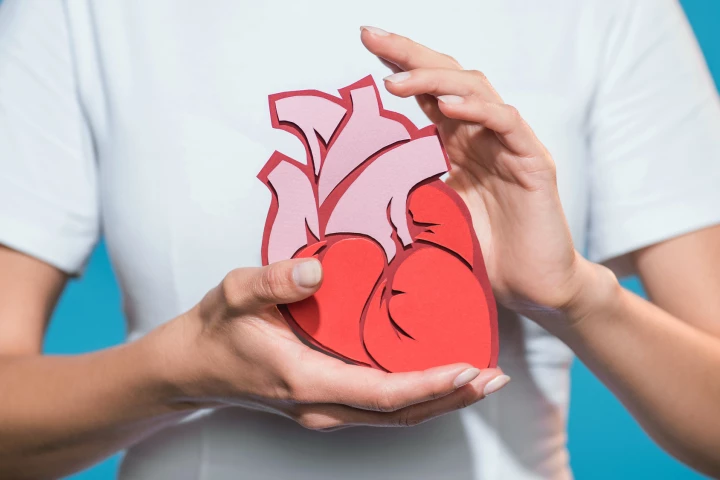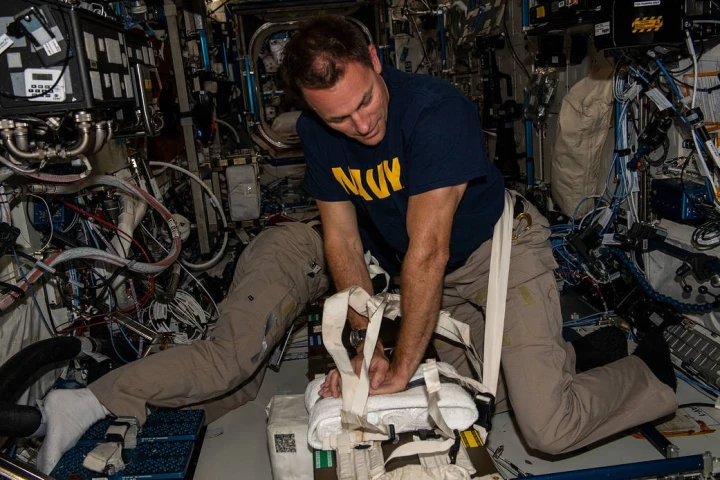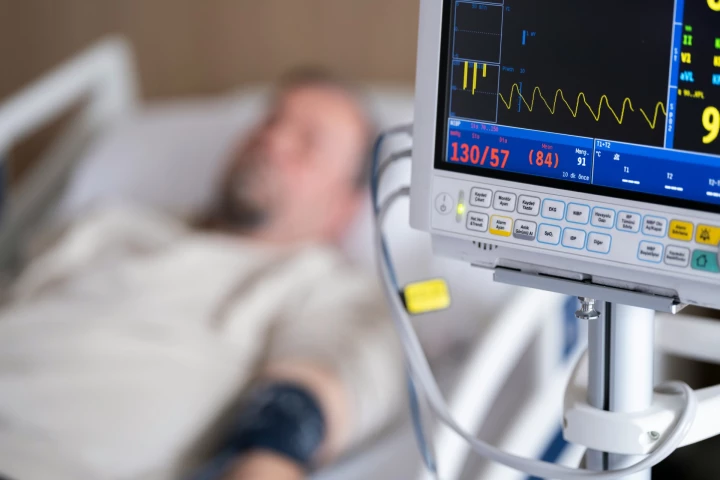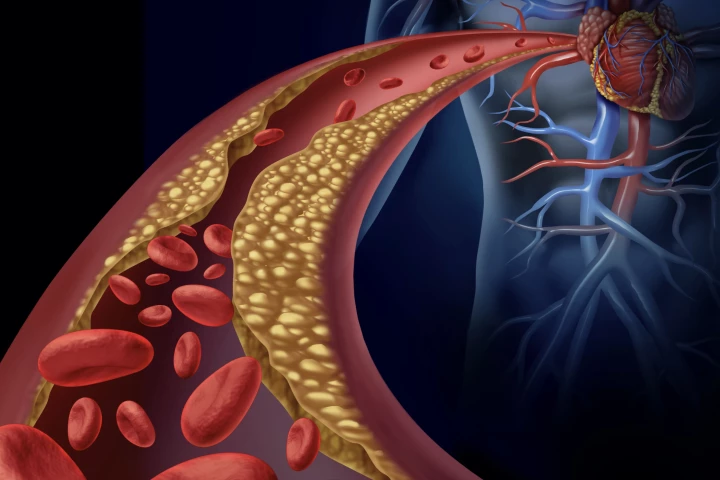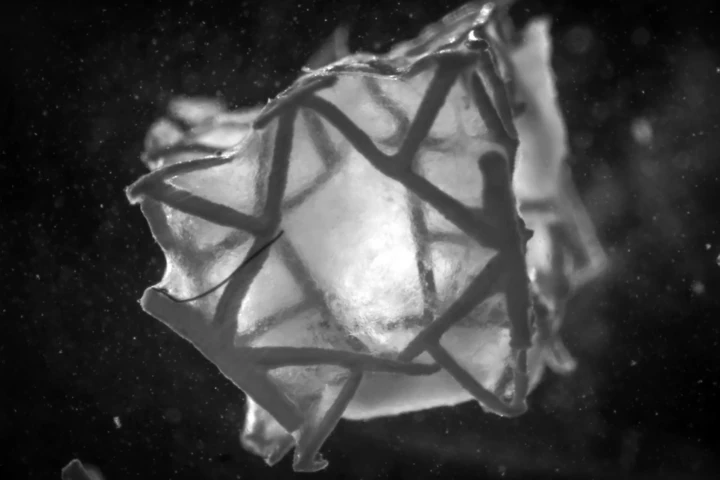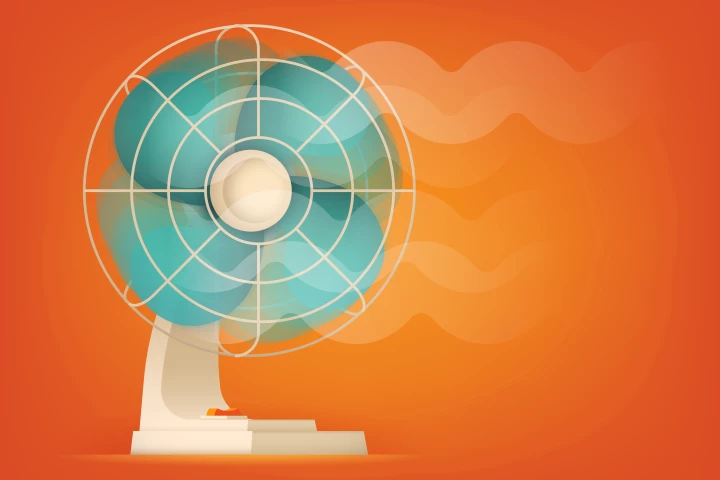Heart attack
-
After two decades in the making, scientists have cracked the code on a drug that can repair DNA, setting the scene for a new class of therapeutics that can fix tissue damage that occurs through heart attack, inflammatory disease and other conditions.
-
After examining 13 million hours of light exposure data, researchers found that experiencing bright light during the dark hours can significantly increase the risk of heart failure and heart attack. The effect was most notable in younger adults.
-
In a massive international study, researchers identify four precise warning signs of a heart attack, stroke or heart failure, and understanding these measurable risk factors could help people understand their vulnerabilities long before a health event.
-
People living in areas of higher air pollution are at risk of more serious sleep apnea events, according to a large study spanning multiple countries. However, being aware of air quality means you can mitigate that risk to improve sleep and health.
-
A new study reveals that people's beliefs in the health benefits of supplements might not come from science, but from clever labelling. Phrases like “boosts brain function” can make people believe a supplement can prevent conditions like dementia.
-
Heart attacks in younger adults aren’t always due to clogged arteries. A new major study reveals striking differences between men and women, with nontraditional causes playing a big role in women’s heart health.
-
CPR is a technique that has saved countless lives since the modern version was developed in the 1960s. However, it turns out it doesn't work very well in zero gravity, so a team of European cardiologists has been testing alternatives for astronauts.
-
When someone collapses from a heart attack, chances of survival fall 10% with every passing minute without defibrillation. Now, scientists have come up with a novel way to reach cardiac arrests faster – using food-delivery riders as first responders.
-
The shingles vaccine is up to 97% effective in preventing the condition caused by the herpes zoster virus, which inflames nerves and causes painful rashes. Now, a new metastudy says it may also be a big help in boosting cardiovascular health.
-
A new generation of nanoparticles can detect, shrink and clear plaques in the arteries, lowering inflammation and drawing out harmful cholesterol to be cycled via the liver. They offer a new way of diagnosing and fighting heart disease without drugs.
-
A team of researchers have developed a 3D-printed, biodegradable heart patch that seals holes in heart tissue and supports tissue regeneration, showing promise as a safer alternative to current surgical materials.
-
A fan might feel like a lifeline in a heatwave, and for older adults it may be of some help – but not as much as it might seem. Using an electric fan in humid heat has a small benefit, but in hot and dry conditions, it can do more harm than good.
Load More





